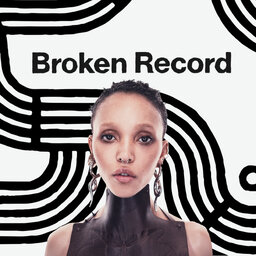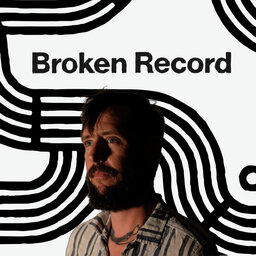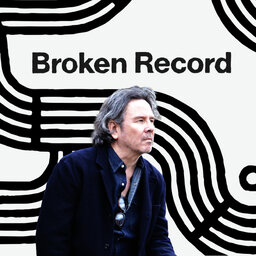Todd Rundgren
Todd Rundgren is a multi-talented musician who has made a name for himself both as a solo artist and a visionary music producer. Rundgren’s crowning achievement though was producing Meatloaf’s album Bat Out Of Hell, which is to this day one of the highest-selling albums of all time. In addition to recently being inducted into the Rock and Roll Hall of Fame, Rundgren has been busy working on a new album of collaborations called Space Force with artists like Sparks, Rivers Cuomo, and Ben Folds that’ll be out later this year.
On today’s episode we’ll hear a conversation Rick Rubin had with Rundgren just weeks before the start of the pandemic. They talk about why he was the only producer who would work on the debut album for Meat Loaf, who just recently passed away. Todd also talks about engineering the third album for The Band when the group was in the midst of turmoil, and why he always turns off Taylor Swift’s music.
Subscribe to Broken Record’s YouTube channel to hear all of our interviews: https://www.youtube.com/brokenrecordpodcast and follow us on Twitter @BrokenRecord
You can also check out past episodes here: https://brokenrecordpodcast.com
Check out our favorite Todd Rundgren songs HERE.
Learn more about your ad-choices at https://www.iheartpodcastnetwork.com
 Broken Record with Rick Rubin, Malcolm Gladwell, Bruce Headlam and Justin Richmond
Broken Record with Rick Rubin, Malcolm Gladwell, Bruce Headlam and Justin Richmond


